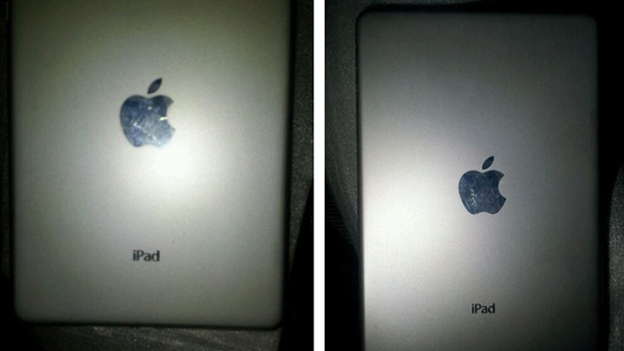Report: As iPad Mini enters mass production, Foxconn out as sole manufacturer
Pegatron joins the mass production team

Sign up for breaking news, reviews, opinion, top tech deals, and more.
You are now subscribed
Your newsletter sign-up was successful
Foxconn, long Apple's only manufacturer of its iPad tablets, has reportedly lost between 50 and 60 percent of iPad Mini production to another Chinese manufacturer.
Pegatron, according to a report from Chinese paper Economic Daily News, is in the process of mass-producing the diminutive tablet.
While this is good news for those looking to pick up the 7.85-inch device, it spells bad business for Foxconn.
The company is still making the iPad Minis, however it's monopoly on iPad production has been broken in a major way.
Not only for the iPad Mini
Component suppliers AUO, TPK, Foxlink, and a few others, teamed with Pegatron and Foxconn, are slated to produce up to five million Minis monthly, according to the Daily News.
Apple is expected to launch the tablet next month, getting the PR ball rolling with its Sept. 12 release of the iPhone 5.
That device, the Daily News claimed, will have at least 53 million units ship before 2012 is up.
Sign up for breaking news, reviews, opinion, top tech deals, and more.
To meet demand, Apple is also bringing on Pegatron to help produce the iOS 6-packing smartphone. The company could start production as early as the fourth quarter, according to the report.
To Foxconn's credit, it started shipping iPhone 5s Sunday, getting a jump on the pre-orders that are supposed to be filled by Friday.
The news broke earlier Monday that Apple had sold two million devices in the first 24 hours it was sale, shattering the previous record held by the iPhone 4S.
How the in-production iPad Mini fairs will be another storyline altogether.

Michelle was previously a news editor at TechRadar, leading consumer tech news and reviews. Michelle is now a Content Strategist at Facebook. A versatile, highly effective content writer and skilled editor with a keen eye for detail, Michelle is a collaborative problem solver and covered everything from smartwatches and microprocessors to VR and self-driving cars.